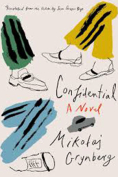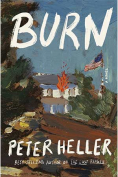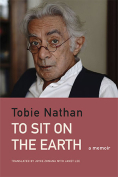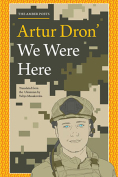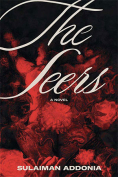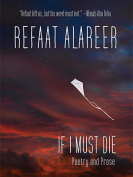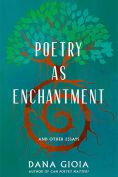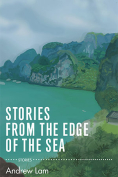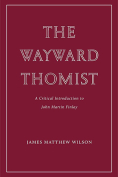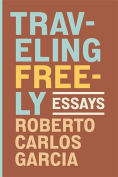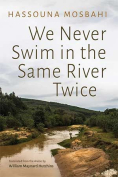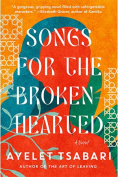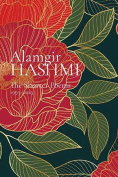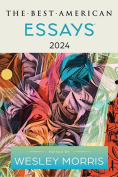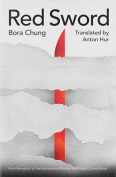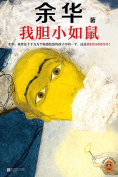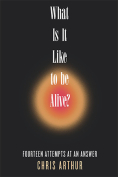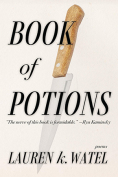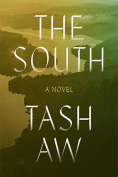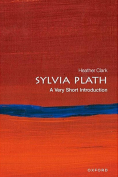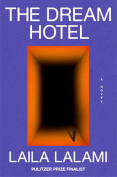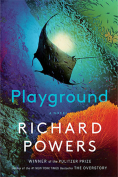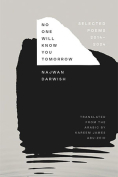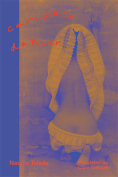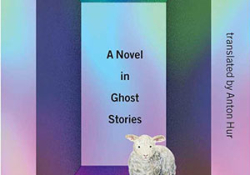Red Sword by Bora Chung
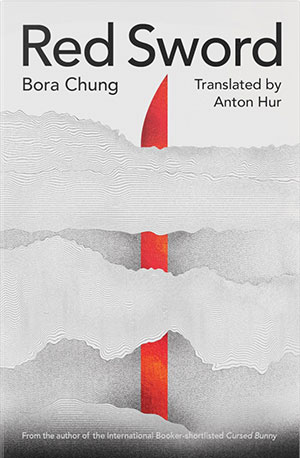
Handforth, UK. Honford Star. 2025. 208 pages.
Bora Chung made her anglophone debut in 2019 with a story in Samovar magazine about a head popping out of a toilet who calls the narrator “Mother.” Two collections, a two-part story, and one novel later, one could easily consider that strange tale a perfect introduction to a writer whose versatility and fearlessness allows her to explore everything from zombification to intelligent elevators. Science fiction, magical realism, surrealism: all can be found in Chung’s work, where characters must navigate worlds that have either become foreign to them or that they never understood in the first place.
While Cursed Bunny (2022), Chung’s first collection in English, runs the gamut of speculative subgenres, her second, Your Utopia (2024), is more generally interested in science fictional scenarios, where strange diseases break out on spaceships, underhanded dealings occur at immortality research centers, and empathetic elevators befriend lonely old women. Chung’s most recent piece, a two-part story featured in Words Without Borders, imagines that an alien intelligence has hacked into the network of transhuman machines of Earth and is using them to turn the rest of humanity into manipulable machines. At its core, “A Small Extinction” is about familial love even after one has left that family because of abuse and dysfunction, and Chung uses this very human story to explore just how strong those ties must be to survive under the pressure of alien invasion.
Red Sword, Chung’s first novel available in English, reads like a culmination of this one particular strand in the author’s work; namely, how an individual or small group can fight back against an overwhelming force. Based on the story of seventeenth-century Korean soldiers fighting against Russia on behalf of the Qing dynasty, Red Sword is a story about war, though here it is the far future, where a vast Empire roams the galaxy finding civilizations from which it can extract resources and technology. This often faceless, powerful Empire seems, for most of the book, to be impregnable—a force of nature that the intimidated soldiers and prisoners could never hope to escape.
Chung drops us right into the fighting on a white, fog-covered planet peopled with terrifying creatures who wield wandlike weapons that shoot lasers. A young woman (whom we only later learn is called “Chrisna”) has fallen in love with a fellow slave in the bowels of an imperial ship, headed to a planet they’ve never heard of to fight for the Empire and capture the new world. The imperials force the unprepared and mostly unarmed slaves from the ship to fight an enemy they can barely see, and the young woman’s lover is instantly cut down. Chrisna manages to survive the onslaught of the white aliens protecting the planet because she has a sword that she uses to deflect the lasers. A few other slaves have guns and swords, but the rest are merely cannon fodder for the white aliens.
After the chaos of the first chapter, we’re thrown into a completely different story, one told in four parts and dispersed throughout the novel, called “Double Helix.” It is in this space that Chung meditates on the nature of consciousness, memory, and cloning. We learn that the Empire began experimenting with large birds and then turned to humans, using a technology it had stolen from another civilization to create the first artificial humans to use in their wars against other worlds.
The novel shifts back to the white planet and Chrisna, who has found a few like-minded companions who refuse to let the Empire or the white aliens defeat them. We read about more battles, where Chrisna and her friends are burned by the aliens’ weapons and even shot at by the imperials, for reasons they cannot fathom. Once more, Chung interrupts the story, this time to tell a parable about immortality. By the time we return to the war on the white planet, we suspect that something highly unusual is going on in what had seemed like a straightforward scenario: an Empire making its slaves and soldiers fight its wars so it can extract resources from other worlds.
What we learn, however, is that this fighting force has been cloned so many times that the original humans are long dead. Chrisna first suspects that she and her companions are not all that they seem when they each encounter people who look like them on the planet. Chrisna even runs into her lover who was killed when they first landed. The further they penetrate the wilds of the white planet, the more these fighters see people—even imperials—who look like them, though they are dressed in uniforms and carry weapons.
Confronted with the fact that her memories of home and family are not her own and that she has no home to even return to, Chrisna nonetheless accepts the imperials’ bargain in which she is set free if she and her companions kill the leader of the white aliens (who, like the Empire, are trying to control this planet that is not their own). Eventually, she confronts the leader of the expeditionary force—a clone of her dead lover. This man, who has somehow survived multiple clonings and memory transplants without going insane, begs her to kill him and every one of his clones.
Red Sword ends like it begins, with Chrisna and her companions on the hostile white planet, but now they know exactly who they are and why they were made to fight. The imperials are in disarray, the white aliens are scattered, and it’s up to the former slaves to make a life for themselves under the harshest of circumstances. Anton Hur, as always, delivers a brilliant, seamless translation that makes Chung’s work accessible to anglophone readers looking for captivating stories. Let us hope that Chung and Hur bring us many more stories in the years to come.
Rachel S. Cordasco
Madison, Wisconsin
